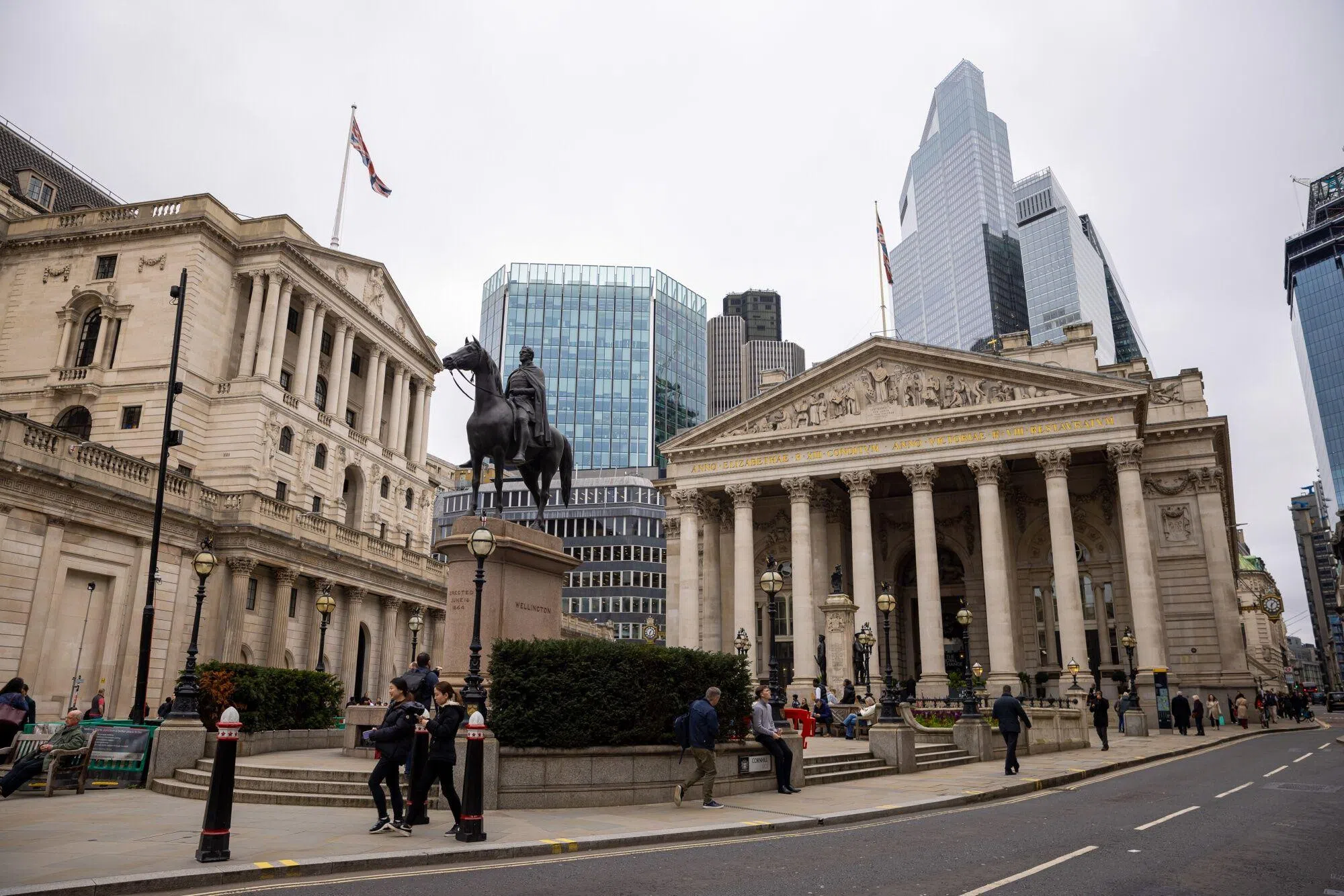SOME of the United Kingdom price indicators the Bank of England (BOE) is watching closely for signs of lingering inflation are flashing a green light for interest-rate reductions as soon as next week.
Analysis by Bloomberg Economics showed that services inflation has eased more than the headline measure suggests, once volatile parts dismissed by central bank officials and the impact of Taylor Swift’s concert tour are stripped out.
That along with a cooling of wage growth may be enough to persuade wavering BOE officials that they can reduce borrowing costs from a 16-year high on Aug 1. Investors are betting on a 45 per cent chance of a move next week after the bank said last month that the decision not to cut then was “finely balanced” for some.
Inflation is finally back at the BOE’s 2 per cent target, having hit double digits in 2022 in the wake of the pandemic and Russia’s invasion of Ukraine. But the central bank is on guard against prices picking up again. It’s focusing on the giant services sector for any indication of a revival in domestic pressures.
While the BOE has been signalling since February that rates will move lower, most of the nine-member Monetary Policy Committee (MPC) has judged those underlying metrics too hot for comfort.
Services inflation held steady at 5.7 per cent in June, an unexpectedly strong reading that was well above the 5.1 per cent rate predicted in the BOE latest forecasts released in May.
BT in your inbox
Start and end each day with the latest news stories and analyses delivered straight to your inbox.
However, an underlying measure – removing volatile components, such as airfares, hotels, education and package holidays – fell for a fifth straight month to 5.4 per cent, according to Bloomberg Economics. The estimate strips out the impact of Swift’s Eras tour arriving in the UK, which is partially blamed for sharp increases in hotel room and live music prices.
The BOE played down the significance of some of these prices at its meeting in June as it explained why services inflation had overshot its forecast. “This strength in part reflected prices that are index-linked or regulated, which are typically changed only annually, and volatile components,” the minutes of the discussion recorded.
“For an August rate cut to be your base case, you have to believe the BOE will be comfortable with the overshoot in services inflation,” said Dan Hanson, chief UK economist at Bloomberg Economics. “Following the precedent set in June, we think it probably will be, particularly because there’s been further disinflationary progress in measures that exclude volatile categories.”
There are also signs that the labour market is cooling. Private-sector wage growth dropped to 3.3 per cent on a one-month annualised basis in May, coming much closer to levels the BOE sees as consistent with inflation staying at its target. If repeated in June and July, it would take headline private-sector pay inflation below 5 per cent for the first time since 2022 with a further slowdown likely.
The MPC’s more hawkish members, such as Catherine Mann and Jonathan Haskel, have warned in recent weeks of letting up in the fight against inflation too soon. Along with higher-than-desired services inflation, the economy has emerged from last year’s recession more strongly than anticipated and the labour market remains tight despite unemployment rising and vacancies falling this year.
Some economists predict the vote could be as tight as five to four in favour of a rate cut. That would require three more officials including BOE governor Andrew Bailey swinging behind a reduction. In June, two officials, Swati Dhingra and Dave Ramsden, called for a quarter-point cut to 5 per cent.
Uncertainty over the decision has been increased by many of the swing voters on the MPC having not spoken in months, mostly due to the election. These include Bailey and his deputy governors Clare Lombardelli and Sarah Breeden.
“The overshoot in services inflation was largely caused by volatile and regulated components, which should not have an impact on the medium-term inflation outlook,” said Anna Titareva, economist at UBS. She expects a cut but cautions that it will be a “close call”.
“The lack of recent MPC communication and hence no push-back against current market pricing implies a risk of a later rate cut,” she said. BLOOMBERG






